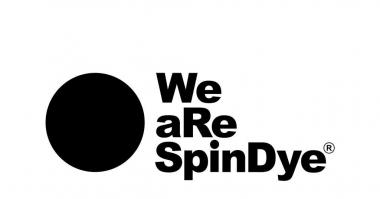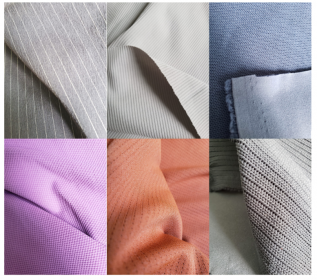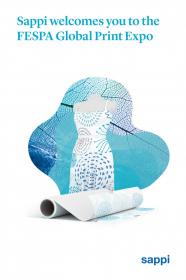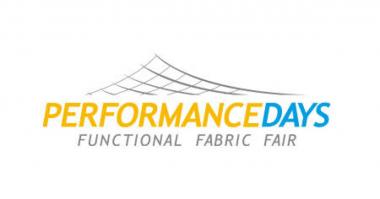We aRe SpinDye with its resource-saving dyeing technology in new collaboration
With its resource-saving dyeing technology, We aRe SpinDye takes place in H&M's latest Innovation Stories collection called Co-exist.
The use of We aRe SpinDye's technology contributes to reducing both water consumption and CO2 emissions, which in turn leads to a lower impact on the world's ecosystem and creates conditions for our co-existence with nature.
Up to 24% of a garment's entire climate footprint occurs during dyeing. We aRe SpinDye's technology can reduce the consumption of the earth's resources in textile production. On average, the reduction of water is -75%, chemicals -90% and energy consumption and CO2 emissions -30%.
In just one year, the clothing industry uses 9 billion cubic meters of water (which is in line with the annual need for drinkingwater for the entire population of our planet) and 168 million tons of process chemicals to dye fabrics. We aRe SpinDye now hopes that more players in the industry will pay attention to the ways that are available when it comes to resource-efficient dyeing process and quickly implement this technology in their production.
"The enormous resource consumption in the dyeing process is a global problem that must be addressed on a broad front. It is therefore inspiring to work with major brands with an organization that is sensitive to cutting-edge expertise and at the same time shows a willingness to work together to achieve common goals", says Andreas Andrén, CEO of We aRe SpinDye.
We aRe SpinDye



















